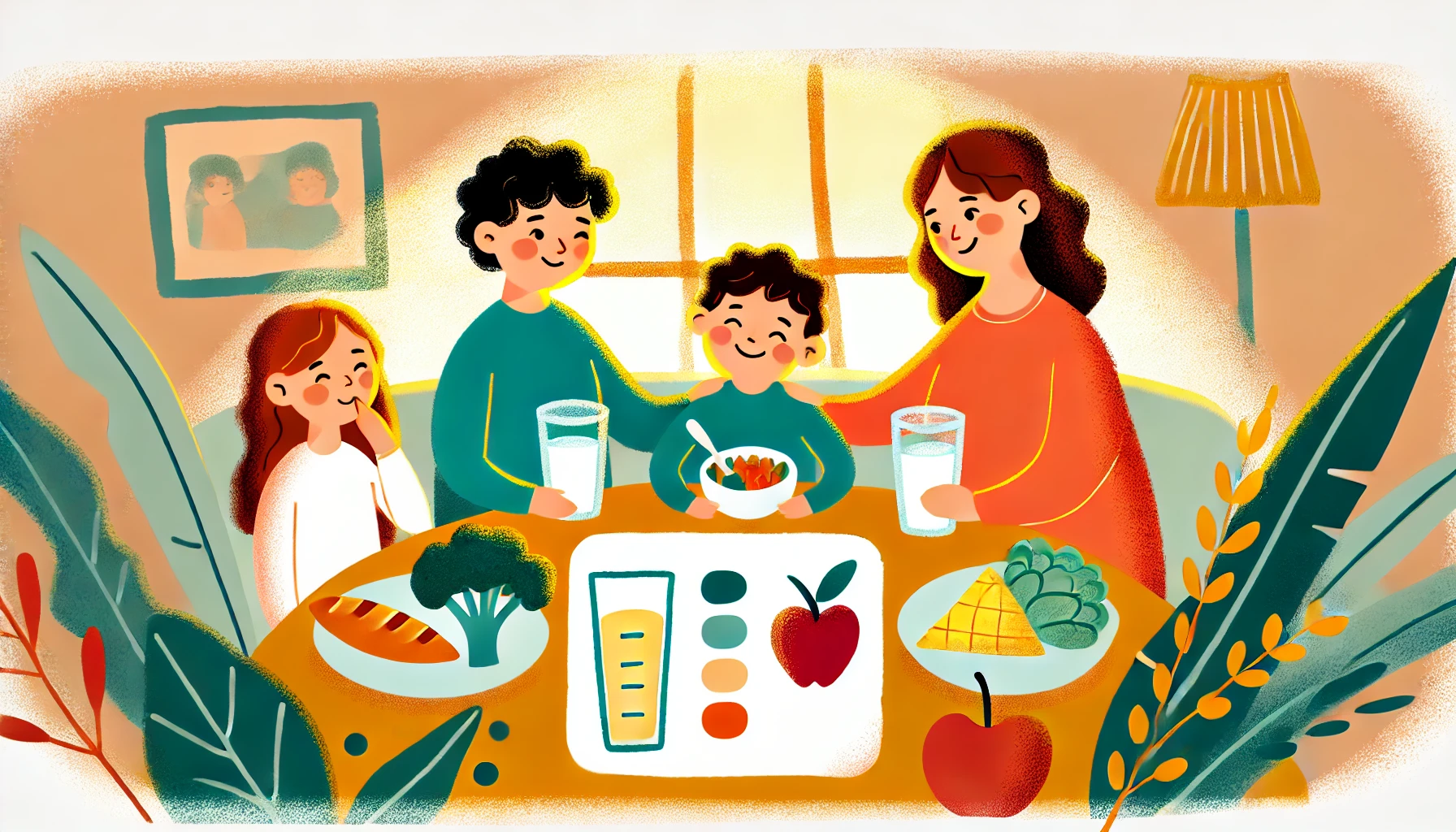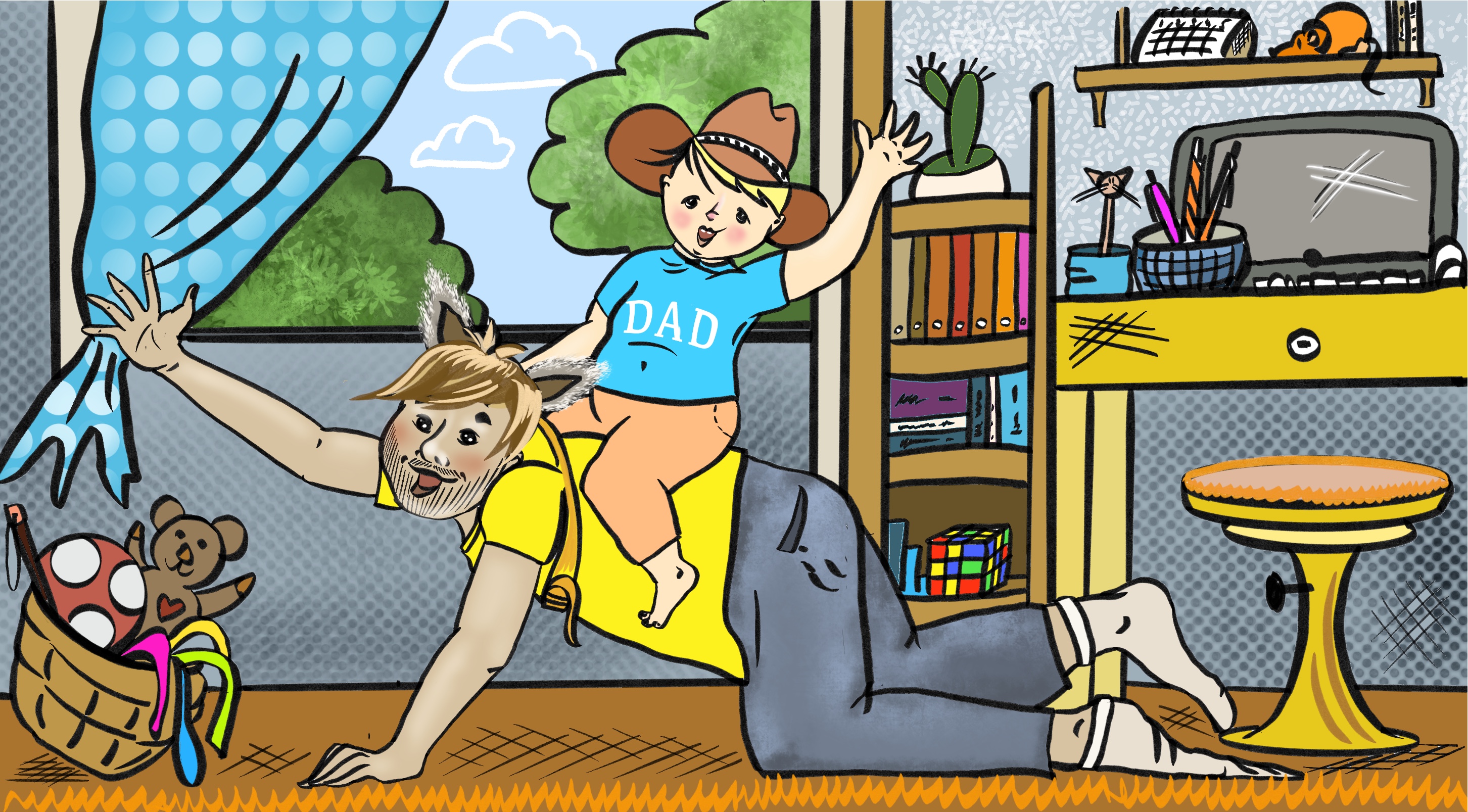As parents of a child with Prader-Willi Syndrome (PWS), we knew food would be a crucial part of our daily lives. Our son Stony has PWS, which means he has a constant, insatiable hunger and a body that doesn’t process food like most. To keep him safe, we became vigilant, controlling when and what was eaten in our home. This meant not just avoiding eating in front of Stony but also keeping sweets and treats out of sight, especially for his younger sister, Suzanna. To prevent her from accidentally triggering Stony’s insatiable appetite, we even set limits on Suzanna’s own food intake when around him.
But over time, we discovered something we hadn’t anticipated: our strict approach to food management was affecting Suzanna, reshaping her relationship with food in ways that deeply concerned us. Eventually, Suzanna was diagnosed with Avoidant/Restrictive Food Intake Disorder (ARFID), an eating disorder often driven by sensory sensitivities, anxiety, and negative associations with food. For her, eating had become a source of guilt and discomfort. Looking back, I wish we’d been more aware of how our “safe” approach for Stony might inadvertently harm Suzanna’s confidence and alter her view of food.
This article is both a story and a warning for families managing strict diets for a child with special needs. Food control is essential for our loved ones with PWS, but the way we involve other family members in this journey is equally crucial and sensitive.
I recently spoke with Michael Tan, an expert in the field, to discuss this issue. While there isn’t yet extensive research on PWS siblings, Michael shared some insightful recommendations for families like ours:
• Focus on Health, Not Weight or Size
Our goal should be to promote a balanced, healthy lifestyle rather than solely restricting food. Shifting the focus away from weight and size can help create a more positive, inclusive atmosphere.
• Avoid Blaming Nutrition Changes on the PWS Child
It’s essential that siblings don’t feel resentment toward the child with PWS. Instead, healthy eating should be framed as a family approach that benefits everyone.
• Educate the PWS Child About Dietary Differences
Rather than requiring siblings to hide food, educate the child with PWS about dietary differences. By understanding why they may have different food restrictions, they can feel part of the family dynamic rather than separate from it.
• Don’t Use Food as a Reward or Punishment
This approach helps all children view food as nourishment rather than as something associated with success or failure.
• Reduce Hyper-Focus on Food
While challenging, especially with PWS, try not to let food dominate daily interactions. Finding activities that bring the family together outside of mealtimes can help shift the focus.
Today, Stony is doing wonderfully—his health and awareness of his dietary needs are amazing for a child with PWS. But Suzanna’s experience reminds us of the hidden challenges siblings may face. In hindsight, I would recommend any parent in our situation to speak with a PWS dietitian early on. Setting family guidelines that respect both the needs of the child with PWS and the well-being of other siblings is possible and can prevent many misunderstandings down the road.
For families going through this journey, know that you’re not alone. We’re still learning how to create a balanced, supportive environment for both of our kids, and with guidance, we’re finding new ways to thrive. Suzanna has come a long way, and every step toward a healthy relationship with food is a step toward a brighter future.
Let’s all remember that while food control is vital, it’s just as important to nurture a loving, inclusive, and considerate family environment.







